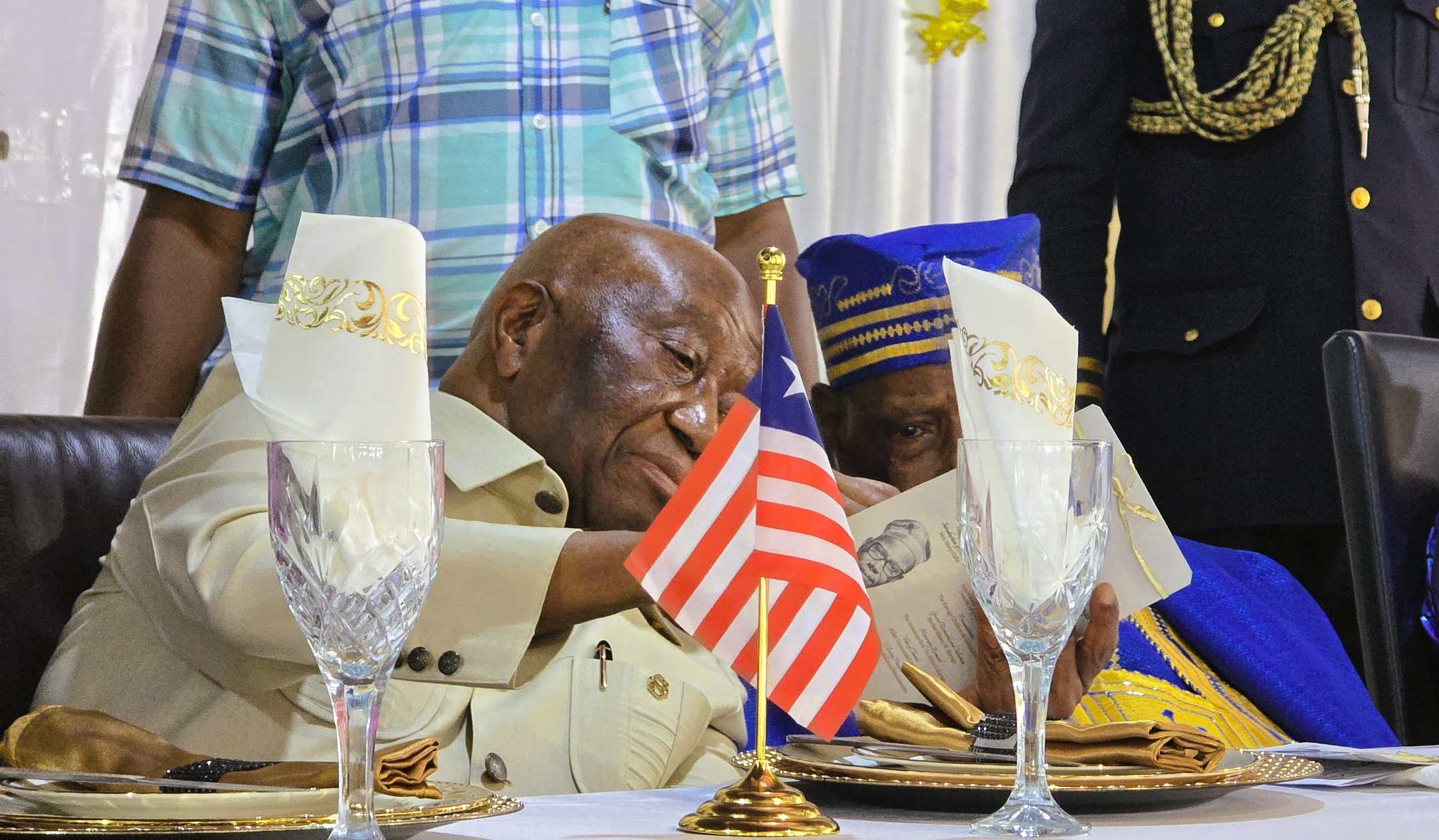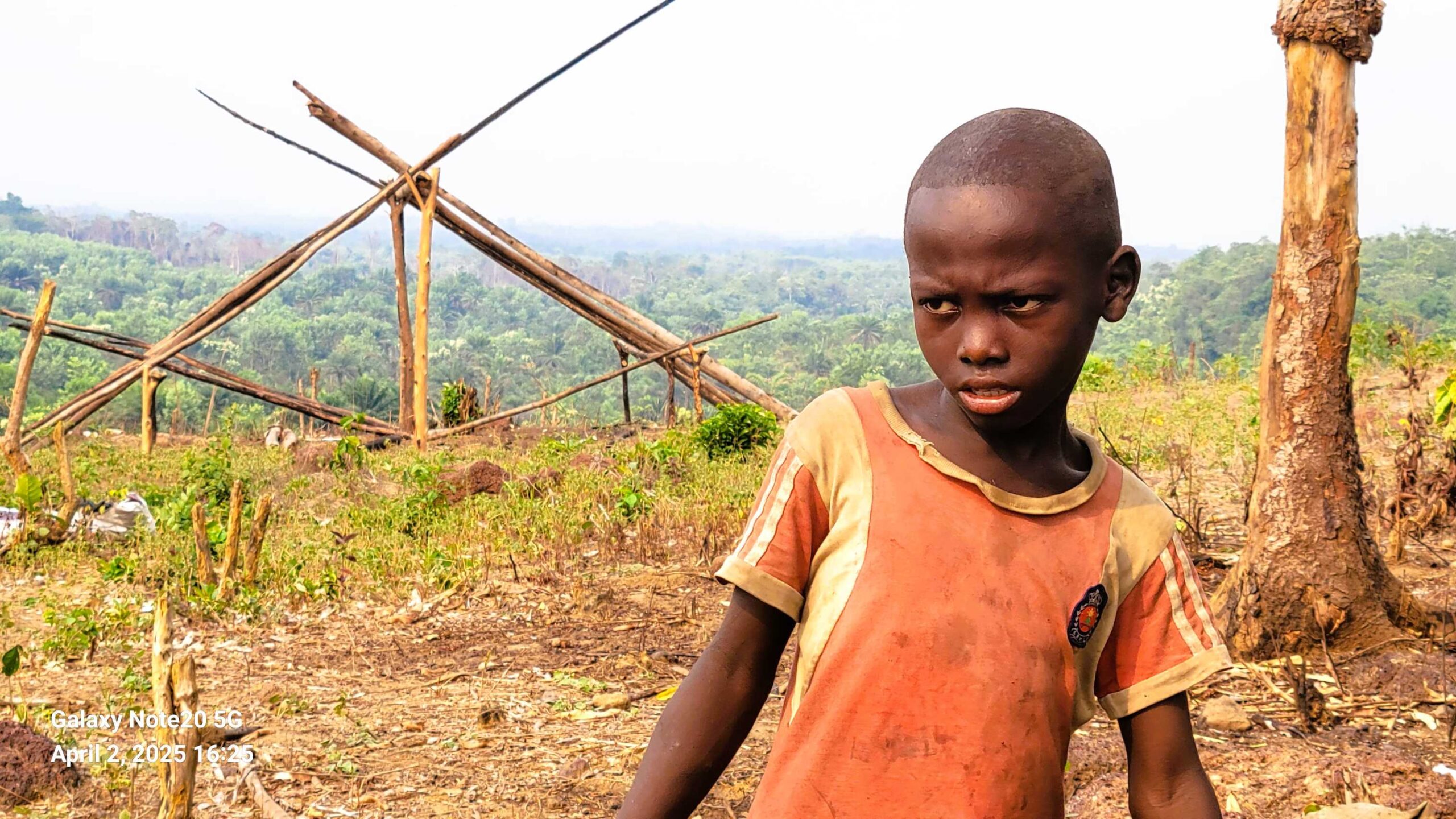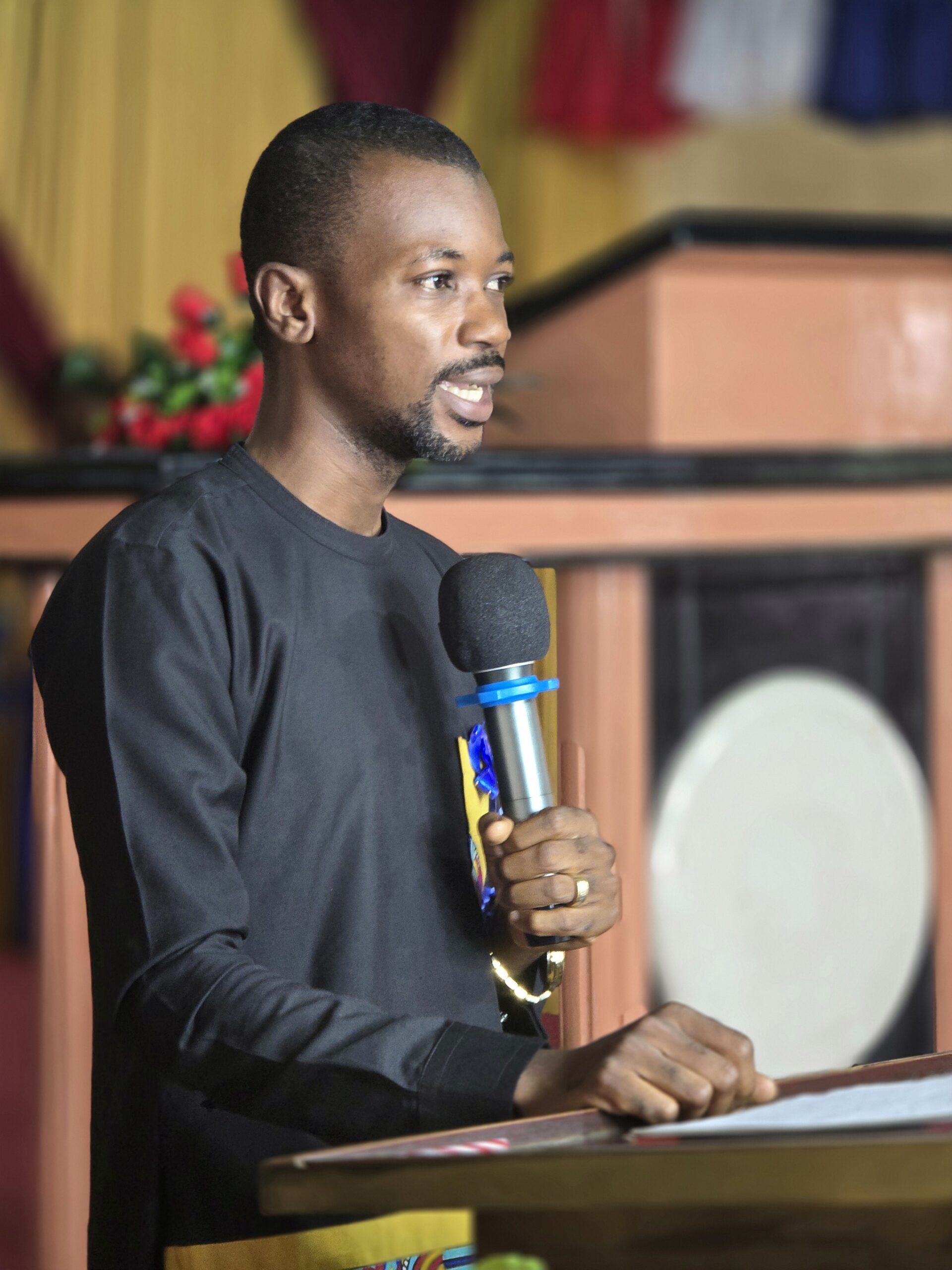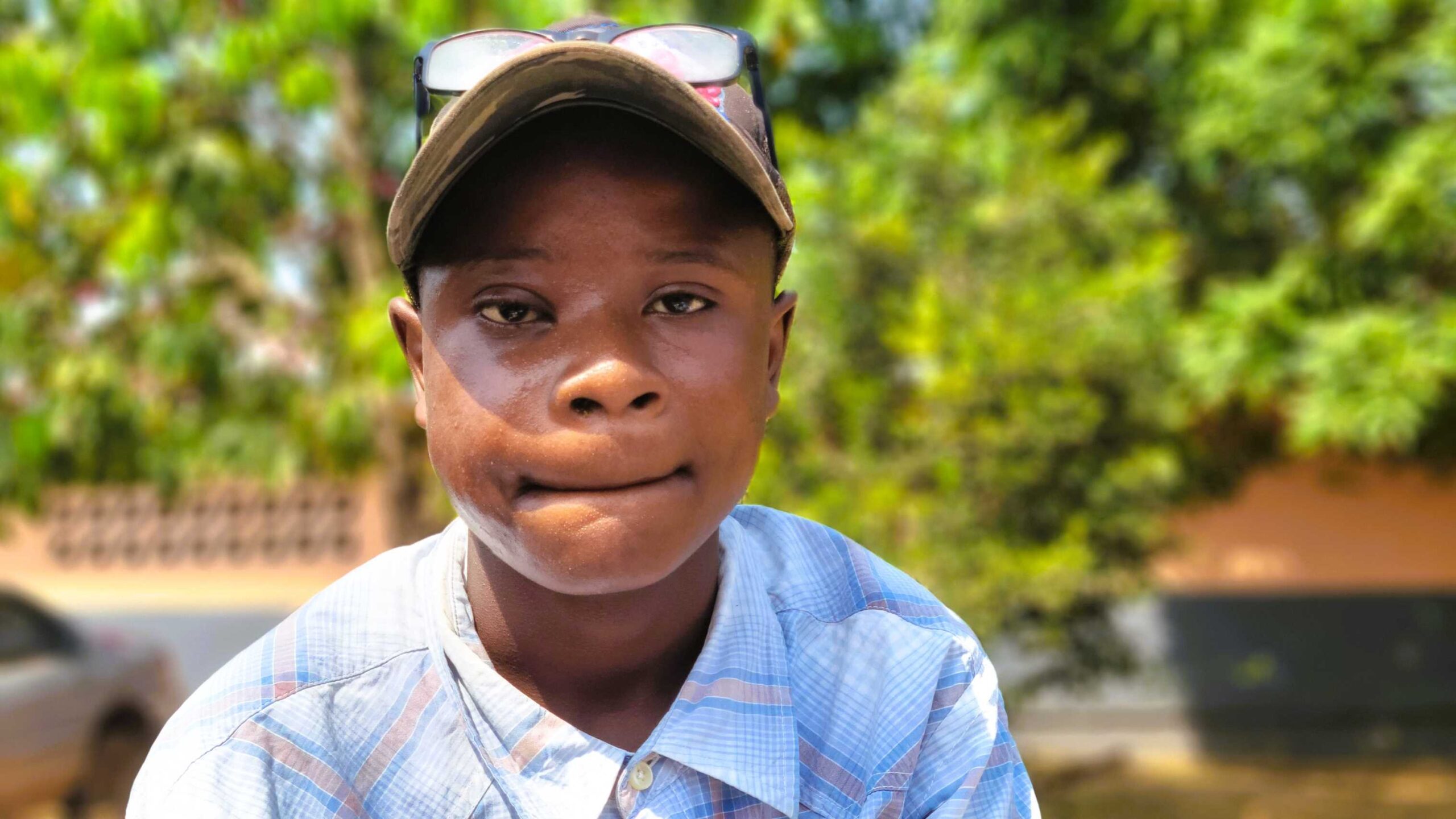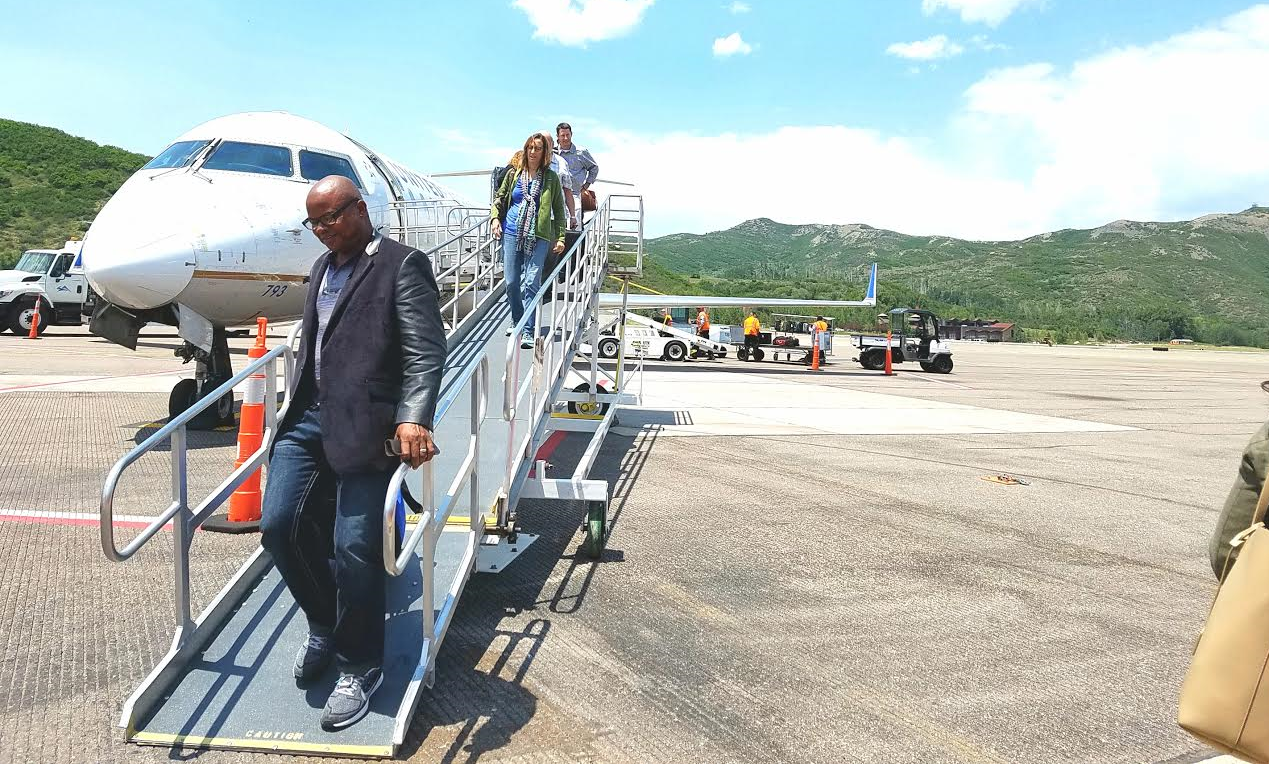The Aspen Ideas Festival resumes in-person events first time in 2 years since COVID-19 outbreak
A reflection on my personal experiences as an AIF 2017 scholar

By: James Kokulo Fasuekoi|Editor-Publisher & Twice 2017 Bush Foundation Scholar
I peeped through the plane’s window with excitement as our United Airline Jet took off from the small Aspen runway and soared through the blue sky. Below, a beautiful landscape of sprawling mountains. It was July 1, 2017 and we-all scholars-were headed first to Denver, Colorado, from where we would get our various flights to head home.
Some had come from as far as South Africa, the Middle East, East Africa, and South America to attend these events. A middle aged lady named Malika Dale who sat next to me on this flight, and founder of Red Food, a charity group in Minnesota, was among a batch of scholars-just as I, from the Twin Cities. We were the last group returning home, having participated in 2017 AIF programs.

Malika and I were part of a group of 25 scholars selected by the Bush Foundation from the 23 Native Nations of North America-these include Minnesota, South and North Dakota-to attend the AIF 2017 Festivals. The Bush Foundation, AIF, plus many other sponsoring agencies, bore all costs for the entire events for all participating scholars, including people from overseas, starting from trip, meals, and to hotel expenses.
What the Aspen Ideas Festival entails
The Aspen Ideas Festivals (AIF) are scholastical events that bring together from around the world over one thousand scholars, including presenters solely for the purpose of brainstorming and possibly finding solutions to potential world crises from war, to climate change, and from health to science, among many other issues. They assembled in the Colorado small mountain city of Aspen for ten day and engaged in intense discussion.
The Aspen Ideas Festival itself, is a U.S. educational foundation and is run by the Aspen Institute. It’s a nonpartisan entity with a goal to challenge the thoughts, as well as inspire program participants through educational exercises so that scholars can later use such acquired knowledge to effect needed transformations within their own communities and nations, and possibly, at a global level.

The idea behind the AI & AIF is said to have been conceived by late American philanthropist and founder of the Aspen Institute, Walter Paepcke and his wife Elizabeth; it happened after they witnessed the devastations of World War II as both thought it was better to stage healthy debates rather than go to war.
Both Walter and Elizabeth hated war and wanted instead to see new and upcoming generations inherit a more peaceful world by pursuing new paths to peace and creativity. Nearly 77 years later, that great idea of the Paepckes, is still in place and growing stronger.
What perhaps makes the Aspen Ideas Festival (AIF) stand out among many educational institutions worldwide is its tendency to shun all forms of governmental patronage, or political influences. In other words, the institute is non-partisan, and does not accept gifts or monetary donations from any government, political leaders or groups. Thanks to the generosity of individuals, families and institutions that donate to this worthy cause.
Since its inception in 2005, the AIF has grown bigger each year, bringing scholars from a diverse background worldwide such as artists, filmmakers, journalists, authors, writers, poets, lawyers, judges, human rights activists, business people, innovators, scientists, congressmen, governors, and mayors. Aside from the attendees, are a group of leaders that consists of moderators and speakers (presenters) for the various events.

In 2017, for instance, the AIF brought to Aspen City, about 700 scholars from worldwide to take part in those events; this is in addition to nearly 400 presenters or speakers that participated in both sections of the festivals from June through July. U.S. officials who served as speakers during the 2017 AIF included Gen. David Petraeus, former CIA director and chief of United Nations Assistance Mission for Rwanda (UNAMIR) and Colorado State’s Governor, John Hickenlooper.
In previous years, scores of America’s brightest, powerful and influential people such as Barack Obama, Bill Clinton, Al Gore, Joe Biden, Matt Ramey, House Speaker Paul Ryan and Professor Henry Louis Gates Jr, Hillary Clinton, John Kerry and Madeleine Albright, to name a few, had all served as presenters and or moderators at the Aspen Ideas Festivals.

Dominating our deliberations during the 2017 AIF were the following: “Fake News”, a phrase invented by former US President Trump, a “Nuclear North Korea” plus the many challenges that the new Trump’s Administration faced at the time. Climate Change, Global Conflicts, and Cyber Security Threats worldwide, also dominated the discussion to the extent that at least 18 to 20 sections were devoted to each topic. Of all, Climate Change and Religion, especially, Islam, dominated the most, with everyone being urged to show love for our Muslim brethren in the U.S.
Meeting Uganda women’s rights advocate
One exciting aspect of the AIF program, for me, was when scholars and presenters are given a break period. People break up into smaller groups, sometimes, one-on-one, continuing the discussions on particular subjects that might be of interest to the individuals. This can take place anywhere in the gardens, over lunches, along walking trails across the campus’ manicured lawn in a cozy atmosphere. It’s absolutely gorgeous!
As cited initially, for the 2017 AIF programs, we were joined by other scholars from India, Pakistan, Afghanistan, Chezoclovikia, South Africa, Uganda, Kenya and also Liberia, places where freedom of speech, freedom of the press, and in some cases, child and women’s welfares continue to face serious challenges from local authorities.

On my second day, I bumped into a couple of scholars from the US and overseas and among them was Ruth Ojiambo Ochieng, a women’s rights advocate from the East African country of Uganda. She headed the country’s Women International Cross-Cultural Exchange advocacy group at the time.
Interestingly, I found out that her women’s movement, based in Uganda, advocates for women’s rights in 50 countries worldwide. Like the rest of the AIF participants, Ruth had come to represent her women’s group at the festivals and to give some insights regarding challenges women in general face in Uganda.
But more than that, Sister Ruth told me she had previously led a team of women’s rights advocates to my native country, Liberia, years ago, during which they provided healing through trauma counseling exercises for female war victims who have had to live with physical emotional scars since the wars ended.
“A woman in Grand Kru still had a bullet in her leg,” Ruth told me, as I drew closer to hear more of her stories. Scars such as this are common throughout the entire country especially among women and children who suffered the most of all the abuses during the various battles.
Ruth and her team traveled to Liberia where they joined Liberia’s former Gender Minister Varbah Gayflor in highlighting the plights of people desperately in need of help. She particularly praised the Women in Peace Network group for its resilience to overcome the odds and added “they are so strong and determined to achieve their goal.”
She said she hasn’t found any women’s group to compare to the WPN in all her travels since she started her advocacy many years ago. However, her most disturbing discovery during her Liberia visit, she said, was the “existing reality that the entire country has one psychiatrist and one psychologist” catering to millions of people.
Taking the AIF Vision to Liberia
On the final day of the festival in July, Walter Isaacson, the President and CEO of the Aspen Institute, addressed us at the Greenwald Pavilion, north of the campus. He gave a reflection of the works of his institutes and their endeavors to impact the lives of many people in a positive way worldwide. Mr. Isaacson is himself an author and journalist.

Prior to becoming head of the AI & AIF, he had served as Chairman and CEO for the Cable News Network (CNN) and Managing Editor for Time Magazine at some point in his life. Besides, he spent years working in various capacities under past US Administrations, including those of Presidents George W. Bush and Barack Obama.
When he was about to retire from Washington (government work), he explained, he struggled, trying to figure out what type of legacy he wanted to create and be remembered for after he had retired and nothing seems more exhilarating than positively impacting our world by assembling people from across the globe to deliberate and try to resolve global problems like those the world faces today.
The night before we departed Aspen, some of us assembled near our hotel’s swimming pool to celebrate over pizza as music rolled on. Soon, the gathering attracted many more folks, mostly college grads or students, and before long we moved away from the pool and sat in a circle around fire, engrossed in intimate conversation that dragged into the morning hours.

At least, for a while the fun seemed to have helped me escape some realities about my country of origin, Liberia. Soon I again slipped into deep thoughts, unwilling to take part in the activities going around the pool but a young lady named “Nana” originally from Ghana, came and struck a conversation, trying to get me to talk.
I managed to escape the crowd later, after exchanging phone numbers with Nana, with an excuse that my flight for Denver, Colorado, would be early so I needed to get to bed and rest.
However, as our flight soared through the Aspen airspace and my conversation with Malika Dale lingered on, the question of when and how to take the Aspen Ideas Festivals to Liberia-where it’s needed most, persisted in my mind and I thought about three most suitable places it could take place: Robertsport, Cape Mount, Buchanan, Grand Bassa, or in the mountains of Yekepa, Nimba county.
Editor’s Note: The Aspen Ideas Festival was staged in Accra, Ghana, years ago.
Banner photograph shows me moments after we arrived in Aspen City for the AIF programs in 2017. Photo by Liz.

